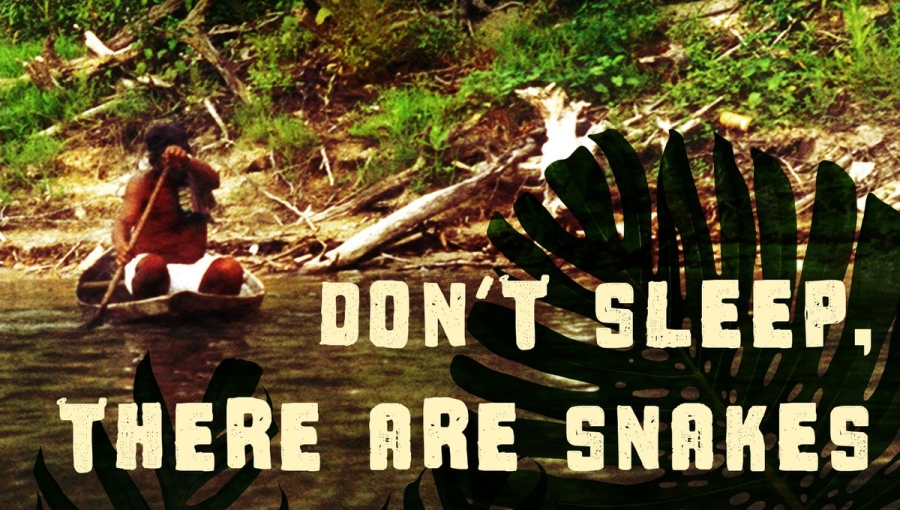
Last year I listened to NPR cover a story written in The New Yorker about translator-professor-ethnographer Daniel Everett. As these things sometimes go, the New Yorker article was a partial review of Everett’s book Don’t Sleep, There are Snakes, and a partial overview of Everett’s life and the controversy he’s generated in the field of linguistics. So the broadcast was kind of three-ways-removed from the subject at hand, yet it was also fascinating and I enjoyed its breadth. And for the first time in my life I bought a book that I heard about on the radio.

If you click here, you can read the article, which is great. Everett is the foremost expert on a very small Amazonian tribe called the Piraha. Their language and culture seems to have many properties that make them unique: the Piraha don’t use numbers, they don’t have words for colors, they don’t consider the future, they barely recognize the past, they believe in sleeping as little as possible and they don’t sleep at any set time. They also eat and drink immediately after getting any consumable, so they have no set meal times, which fits with their lack of set sleeping times. And they hardly make any tools and they have no art—something that really sets them apart from seemingly other similar tribes.

A lot of these cultural attributes have intersections worth reading about, which go beyond sleeping and eating, and how culture and language fundamentally influence each other is Everett’s main thesis. He says the two cannot be separated, which flies in the face of what Noam Chomsky has theorized about language. And oh, how the two have had words for each other! This is an a notable theme throughout the book (academic disagreement), though also are just facts about the Piraha, such as how they don’t believe in anything which they can’t witness. So despite heavy contact with missionaries for over a century, no Piraha has ever converted to Christianity. Really, this book covers it all.

Now it goes without saying that everything in the book, being as controversial as it is, shouldn’t be taken at face value. But is it all interesting? Definitely. I teach English, and I’m fascinated by linguistics. But also, the least interesting class I ever took as an undergraduate was anthropology—maybe I’ve changed? Or Don’t Sleep, There are Snakes is worth a read. The only downside worth mentioning is that a third of the book is about Everett himself. He actually started in the Amazon as a missionary, but lost his faith and became an atheist. These details paint a nice story to follow, but if you wanted to read a pure ethnology or pure linguistic study, this book isn’t it.

The New Yorker article is wonderful though. It’s long, but it “boils things down” quite well. And as for the book, know what you’re getting into, and maybe even skip around. Learning about Everett was fun, but also so was learning about a culture that seemingly can’t abstract—a drawing of a boat can never be recognized as a boat, since it’s just a drawing. But on the same token, the case is made that the Piraha are pretty much incapable of lying, outside of telling jokes, perhaps making them one of the most honest cultures on Earth. Only, of course, if you take all the assertions in the book as truth—something which will be investigated for many decades to follow I am sure.
–Jeff and Leah


This really is an absolutely interesting subject. I do love ethnographical pieces though. Those who go on these journeys end up learning so much more than they ever thought they would. Thanks for sharing!
LikeLiked by 1 person
Tell me your thoughts if you read it!
LikeLiked by 1 person